Interview with Mr. O
June 10, 2018
Mr. O’Kane (commonly referred to as “Mr. O” by students) has been a tremendous asset to us here at PVHS. Originally a volunteer tutor at our library, he became involved (alongside Susan Richards) in a special program with Mr. Mazaheri’s class. When “Mr. Maz” tragically passed away earlier this school year, the two of them stepped in as temporary teachers to fill in the void, with Mr. O heading the Physics class for the rest of the school year. Replacement teachers are usually a rather mixed bag, so we should consider ourselves extremely lucky to have received such quality teaching during those rough times. Even more amazing was the fact that they were still working as volunteers. To show our appreciation, we conducted an interview with Mr. O on the last day of school.
[This interview was authored and transcribed by Michael Aeschbacher, and conducted by Corey Williams.]
Can you tell us a bit about your career background before you came here?
Well actually, the week after I graduated from high school, I went into what was called a “work-study program” where I was working in a local navy base in southern California. And then during the school year we’d go to school at the community college in the mornings and take work assignments in the afternoon. So I had a job the week after I graduated high school. And that continued for several years… then, because there were no four-year schools in the area, we had to go away full-time to a four year school… that’s when I wound up at U.C. Berkeley.
After I graduated from there… because this was all part of the same program, there was actually a job waiting for me at the same navy base. Over the succeeding years, I wound up working for the U.S. Navy, the U.S. Air Force, and the Coast Guard. That’s what brought me back to the Bay Area… at that point I jumped out and was hired by a company in private industry. I sort of gravitated into the world of radar… I was hired to do a big radar project they had going on, and so for the last 30-35 years I was mostly doing things with different radars that I was familiar with. That sort of took me from the day after I graduated high school to the fall of 2016, which is when I retired.
Shortly after that, I got involved in the tutoring program over here because I knew the person who was running it… and that’s what got me here at this school.
What are some influential factors on your overall teaching style?
I try to put myself in the shoes of the people that are listening to me. And if I see certain body language or looks as if they don’t quite get it, I try to find another way to explain things. I try to put myself as if I were a student listening to myself… “Does this make sense? Do I need to say it in another way so that it’ll make more sense to more people?”
The other thing I try to do is maintain some fairly high standards – let people know that I expect them to do a good job in terms of applying themselves. But at the same time, I try to be fair and take into account the fact that there’s a variety of learning styles, as well as a variety of capabilities… not everybody comes to class with the same set of skills and abilities, so I adjust the way I explain things to people.
Mr. Maz’s unfortunate passing certainly came as a shock to many of us. Was it challenging to take on the role of an on-the-spot teacher?
Yes and no. The good thing, to Maz’s credit, was that he had already started giving me more responsibilities in the classroom… I think he wanted to be sure that (if he wasn’t going to be here) it wouldn’t be a big shock for me to all-of-a-sudden stand up in front of the class and have to start teaching. I had already started doing a number of the lectures on days when he was feeling a little bit tired… so in truth, over the last few weeks that he was here, we sort of managed a transition into my being more and more responsible for what was going on in the class.
Again, to his credit, I think he was wise in terms of utilizing myself as a resource to the best extent that he could at the time. And so, when I had to take the primary responsibilities (especially for the physics class), it wasn’t that big of a leap at that point… he managed that well so that it would be easier for all of us.
Also, when I was a working engineer I used to teach courses after-hours at the naval/air-force bases where I worked, and I also managed to get a community college teaching credential… so I had a fair amount of teaching experience, as well as tutoring experience prior to my arrival at Pinole. That also helped prepare me so that, again, I wasn’t “cowed” by the fact that I had to stand up in front of a group of students and try and help them understand something… I’ve always enjoyed teaching, so early on in my career I looked for opportunities to do that and supplement my regular 8-to-5 job, and I wound up with a lot of good experience with that.
To the best of your knowledge, do you have any information regarding the future of Physics at PVHS? Do you have plans for continued involvement yourself?
I do; we’ve just hired a new physics teacher who will be arriving in the fall, there will now be multiple sections of physics… as many as three perhaps. I’ll be working with her over the summer to make that transition go well, and when fall comes I expect to revert to the role that I had when Maz was here: not the responsible instructor, but one who’s available as a resource for the instructor and the students. I expect [to help] plan the lessons, set up the experiments… in whatever way I can be a resource to her so that her transition is easy and works for the students as well.
It seems that you’ve known Mr. Johnston, who is also active on campus, for quite some time. Would you care to share about your history together?
Yeah, I met Mr. Johnston when he was the pastor of the church I was attending at the time (over in El Cerrito). We worked together [on a lot of things] at the church there, including playing music together. Because we still live within shouting distance of each other, we’ve maintained contact even as we’ve each moved on to other venues… After I had spent two months doing nothing once I retired, I contacted Mr. Johnston to see if he was still involved in the tutoring program here… he had told me about it before, and that was what got my foot in the door over here… After two weeks of that, he told me that Mr. Kleiman had arranged to bring in some specialists to help out with the math program, and that I might be a good candidate for that… so that was just kind of a natural thing.
I’ve known Mr. Johnston for… I guess it would go back 15 years or so; we’ve maintained constant contact [since]… we get together on a social basis from time to time, and we’ve had a chance to work together in both the church setting and here at the school… it’s always been a good relationship. We get along really well; we have a similar sense of humor, so we “click” on a lot of levels. And it’s been a really good experience for both of us, I think.
What are your thoughts on the importance of STEM (Science Technology Engineering Mathematics) fields in relation to the modern day?
Well, I think the importance of STEM is only increasing. Beyond that, there’s real STEM and then there’s sort of… [laughs] I don’t know what to call it… there’s STEM that really makes the world a better place, and then there’s STEM that just feeds our appetites for “quiz-bang” things and gadgets and other things that don’t necessarily make the world a better place; they make it more entertaining, but not necessarily a better place.
I definitely try to encourage anyone, particularly students these days… to both pick a field that has some real practical value and go to a school that has those kinds of values and standards in the way they teach students… to give them something that they can use in the real world, not just the play-world or the make-believe world that there’s a lot of out there. I think everybody has to distinguish for themselves what real STEM versus “phony” STEM is. But I’m definitely for real STEM; I spent the last 40 years of my roughly 50-year career looking at radar systems, which are very practical… for instance, one of the things that the radars that I was working with did was keep track of all the satellites that are in-orbit around the earth. That’s several thousand objects that you have to keep track of, not only because you have to avoid collisions with the space station up there and those kinds of catastrophes, but also [because] the satellites are doing some very important things… so it’s important to know exactly where they are at a given time. So that’s an example of where I think there’s some real practical value in terms of all the stuff that I accumulated, both in school and out of working… so again, I’d encourage people (when they think about STEM schools and careers) to make sure that it’s real and has some value for the wider population – not just feeding your own appetite or trying to entertain people.
To close off the interview, is there anything else you would like to add?
Gee, I wish I’d thought of that… first thing that comes to mind is how much I’ve enjoyed my time here at PVHS, and I look forward to more; I’m hopefully going to be back in the fall, with a new physics teacher coming on board… it gives a new opportunity to help the continued improvement trajectory that the physics program is on here at school… and I hope to stay involved with the math classes that I’ve been involved with as well, because, again, I think the arrival of new teachers like Mrs. Hu… [as well as] the placing of the math resources like Mrs. Richards and myself into the classrooms has been a help; the students seem to appreciate it, so I think we’re onto something good here and we just want to keep it going and make it even better.


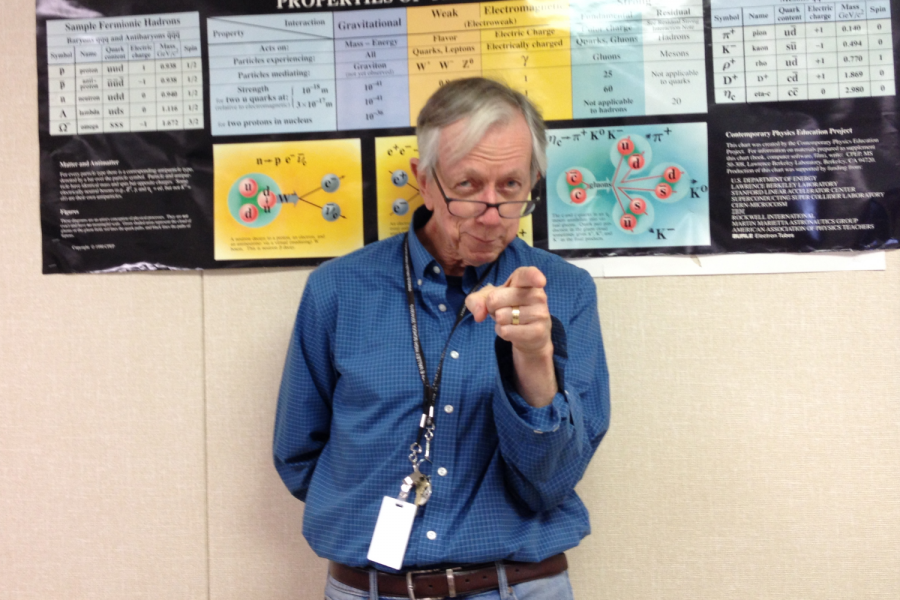
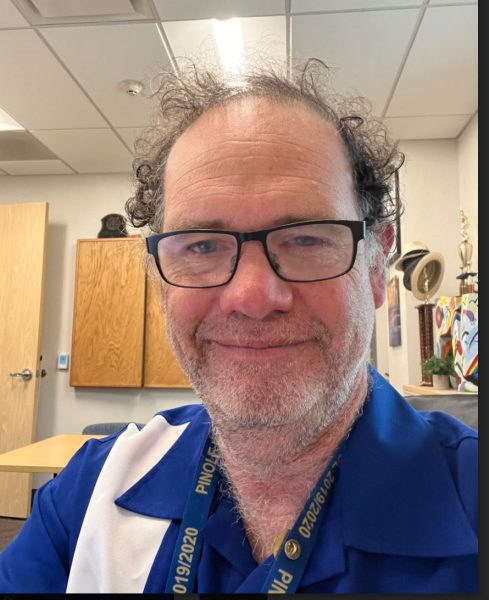
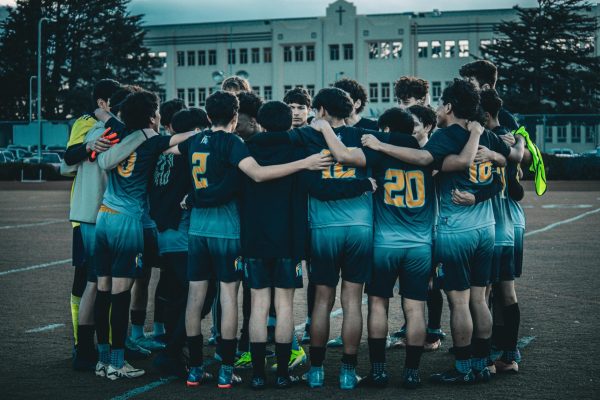
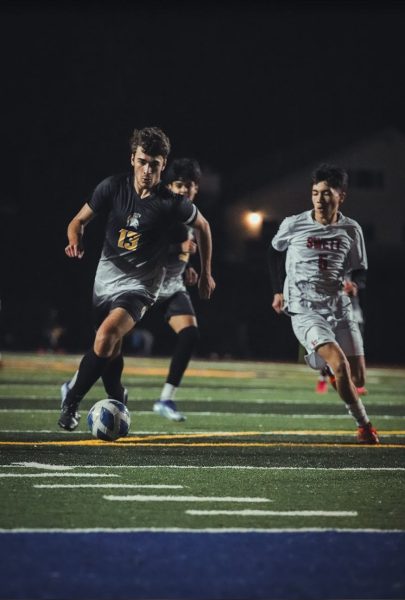
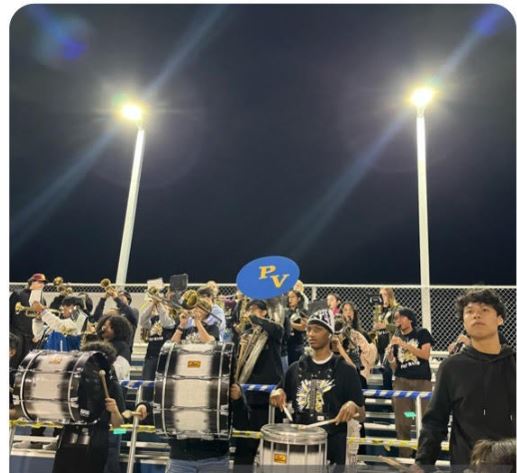
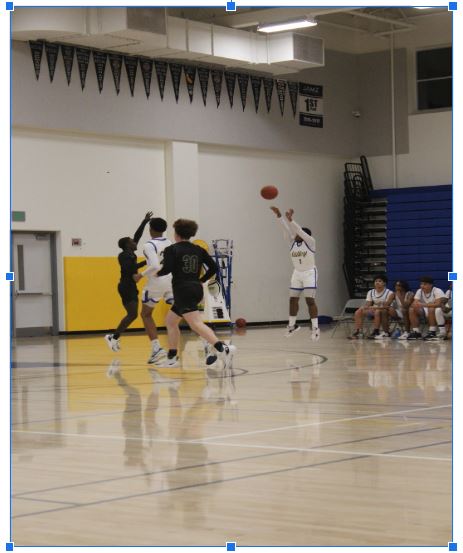
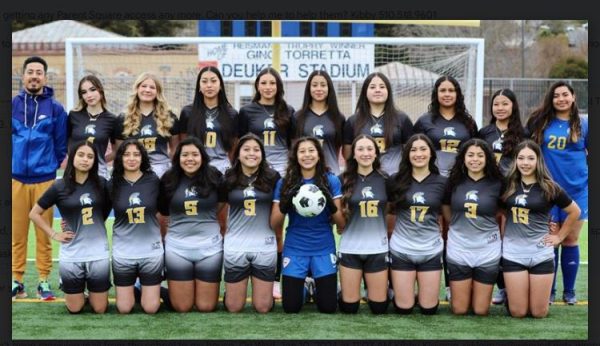
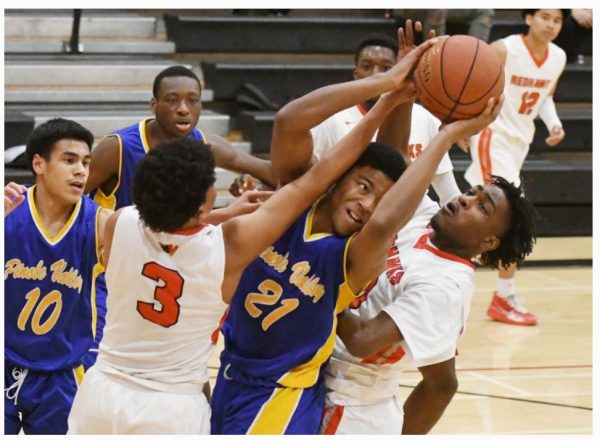

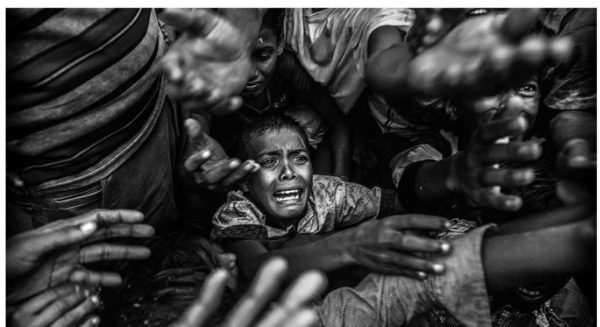

The Pined • Jun 17, 2018 at 9:53 pm
I loved hearing Mr O’s comments. He amazing